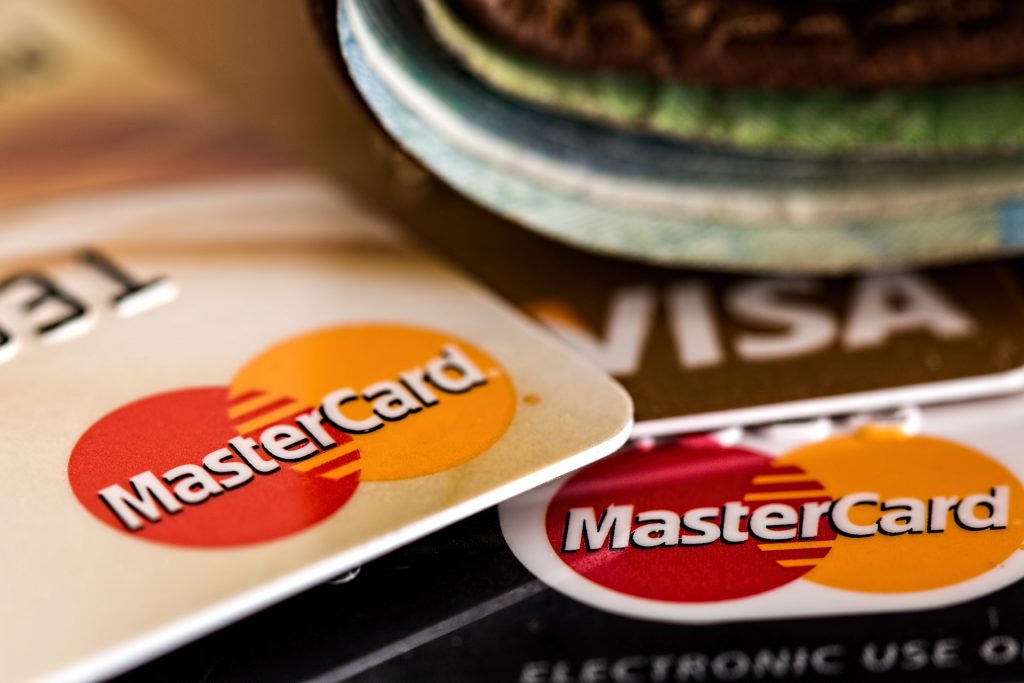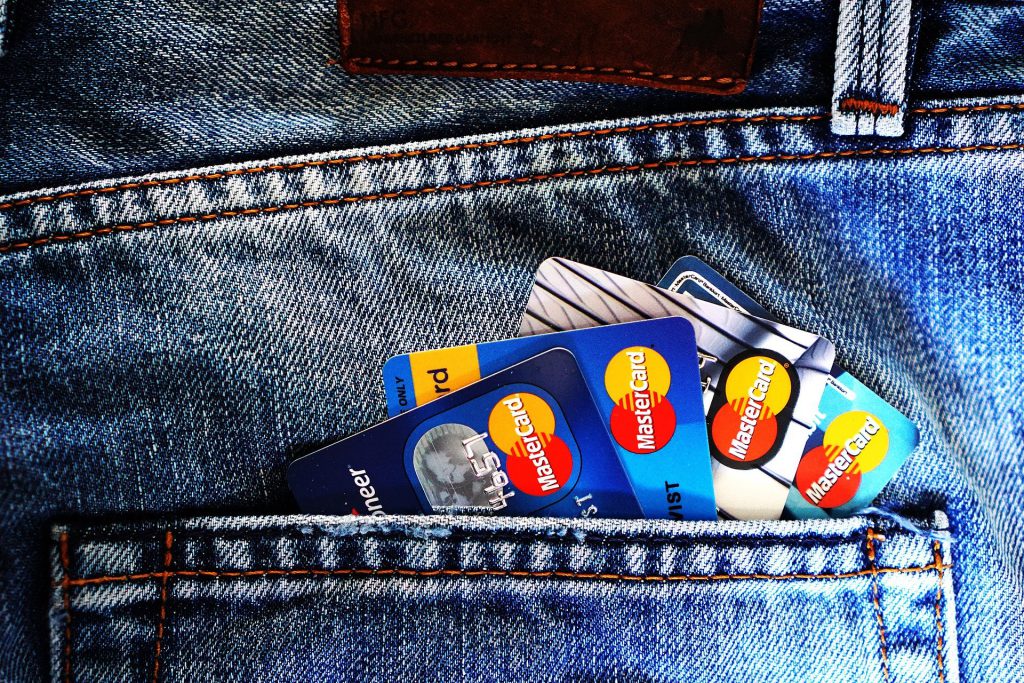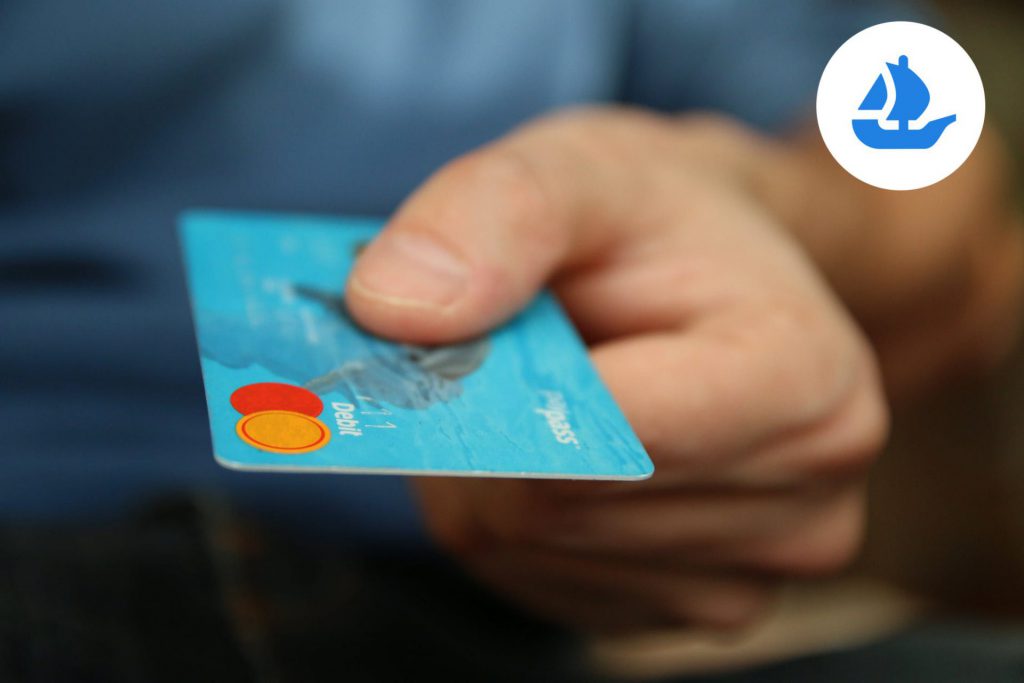Can you get a credit card at 16? Exploring Age Requirements and Options
As young individuals begin to navigate the world of personal finance, questions about credit cards often arise.
One common query is whether it’s possible to obtain a credit card at the age of 16.
This article will delve into the age requirements for credit cards, explore alternative options for 16-year-olds, and discuss the pros and cons of obtaining a credit card at a young age.
So, let’s dive right in!
Also read: How Many People Will Use Apple Pay in 2023?


Understanding Age Requirements for Credit Cards
To open a credit card account in your own name, the general rule is that you must be at least 18 years old. This requirement is primarily because individuals under 18 are typically too young to enter into legally binding contracts, including credit card agreements.
However, alternatives are available for younger individuals looking to access credit. One option is to become an authorized user on someone else’s credit card account.
This means a trusted adult, such as a parent or guardian, can add you as an authorized user on their credit card.
As an authorized user, you will receive your own credit card connected to the primary cardholder’s account.
The Benefits and Considerations of Being an Authorized User
Being an authorized user of a credit card can offer several advantages.
Firstly, it allows you to build a credit history at a young age.
When the primary cardholder’s account activity is reported to the credit bureaus, it can positively impact your credit scores.
However, it’s essential to ensure that the primary cardholder has good financial habits, such as keeping a low balance and making timely payments, as these factors greatly influence your credit-building journey.
It is worth noting that not all credit card issuers report authorized users’ activity to the credit bureaus.
Therefore, it is essential to confirm with the primary cardholder whether their credit card issuer reports authorized user behavior to the credit bureaus.
Also read: Does Kohl’s take Apple Pay?
Exploring Credit Card Options for 16-Year-Olds


While obtaining your credit card at 16 is not feasible, options are still available to help you manage your finances and develop responsible spending habits.
Let’s take a closer look at some of these alternatives:
Student Credit Cards
Student credit cards are specifically tailored to the needs of college students and young adults.
These cards often have relaxed eligibility requirements, making them more accessible to those with limited credit histories or lower incomes.
Student credit cards can be an excellent tool for building credit history and encouraging financial independence.
Before applying for a student credit card, it’s advisable to check if you are pre-approved, as this can provide insights into your eligibility without impacting your credit scores.
Secured credit cards
Secured credit cards can be another viable option for 16-year-olds who want to start building credit.
With a secured credit card, you must make a refundable deposit as collateral, which becomes your credit limit.
You can effectively build your credit history by using a secured credit card responsibly, making timely payments, and maintaining a low credit utilization ratio.
Debit Cards and Prepaid Cards
If you’re not quite ready for a credit card, another option is a debit or prepaid card.
Debit cards are linked directly to your bank account, allowing you to spend the funds.
While debit cards do not contribute to building credit, they can be a convenient and secure way to manage your finances and make purchases.
On the other hand, prepaid cards are loaded with a specific amount of money you can spend. These cards can be useful for budgeting purposes; however, they typically come with fees, so it’s important to consider these costs before opting for a prepaid card.
Weighing the Pros and Cons of Getting a Credit Card at 16


Before pursuing a credit card at 16, evaluating the potential benefits and drawbacks is essential. Here’s a breakdown of the pros and cons to help you make an informed decision:
Pros of Getting a Credit Card at 16
- Building Credit: Being an authorized user on a credit card can help establish a credit history, setting a strong foundation as you enter adulthood.
- Developing Financial Habits: Using a credit card from a young age allows one to learn critical financial skills such as budgeting, making timely payments, and managing credit responsibly.
- Emergency Backup: Credit cards can serve as a safety net in unexpected situations, such as running out of gas or facing last-minute expenses.
- Enhanced Security: Most credit cards offer fraud protection, ensuring that you are not held liable for fraudulent charges made on your card.
- Potential Rewards: Depending on the primary cardholder’s credit card, you may have the opportunity to earn rewards on your purchases.
Cons of Getting a Credit Card at 16
- Financial Responsibility: Using a credit card requires discipline and financial responsibility. Failing to make payments on time or overspending can have severe consequences for you and the primary cardholder.
- Impact on the Primary Cardholder: As an authorized user, any negative financial behavior or failure to pay may negatively impact the primary cardholder’s credit scores and overall financial well-being.
Understanding how credit cards work
Before becoming an authorized user or applying for a credit card, it’s crucial to have a solid understanding of how credit cards work. Here are some key concepts to keep in mind:
Credit Reports and Scores
Credit reports and scores play a significant role in the credit card application process. A credit report is a detailed record of your credit history, including your credit accounts, payment history, and any negative or positive financial behavior.
On the other hand, credit scores are numerical representations of your creditworthiness based on the information in your credit report.
Credit Utilization Ratio
Your credit utilization ratio is the percentage of your available credit that you are currently using. It is an essential factor in determining your credit scores.
To maintain a healthy credit utilization ratio, it’s generally recommended to keep your credit card balances low and pay them off in full each month.
Responsible credit card use
Using a credit card responsibly involves making timely payments, keeping your balances low, and not overspending. By practicing responsible credit card use, you can build a positive credit history and improve your credit scores.
Making informed decisions about credit cards
As you explore the possibility of obtaining a credit card at 16, making informed decisions is crucial. Here are some final tips to consider:
- Talk to your parents or guardians about becoming an authorized user on their credit card. Ensure they are comfortable with the responsibility and discuss spending and payment expectations.
- Research credit card issuers that allow authorized users at a young age and verify whether they report authorized user behavior to the credit bureaus.
- Understand the terms and conditions of the credit card, including any fees, interest rates, and rewards programs.
- Educate yourself on responsible credit card use by learning to manage credit, make timely payments, and maintain a healthy credit utilization ratio.
- Regularly monitor your credit reports and scores to track your progress and identify potential issues or inaccuracies.
Remember, while obtaining a credit card at 16 can be a valuable tool for building credit and developing financial skills, it also requires responsibility and discipline.
You can set yourself up for a successful financial future by approaching credit cards with caution and understanding.





